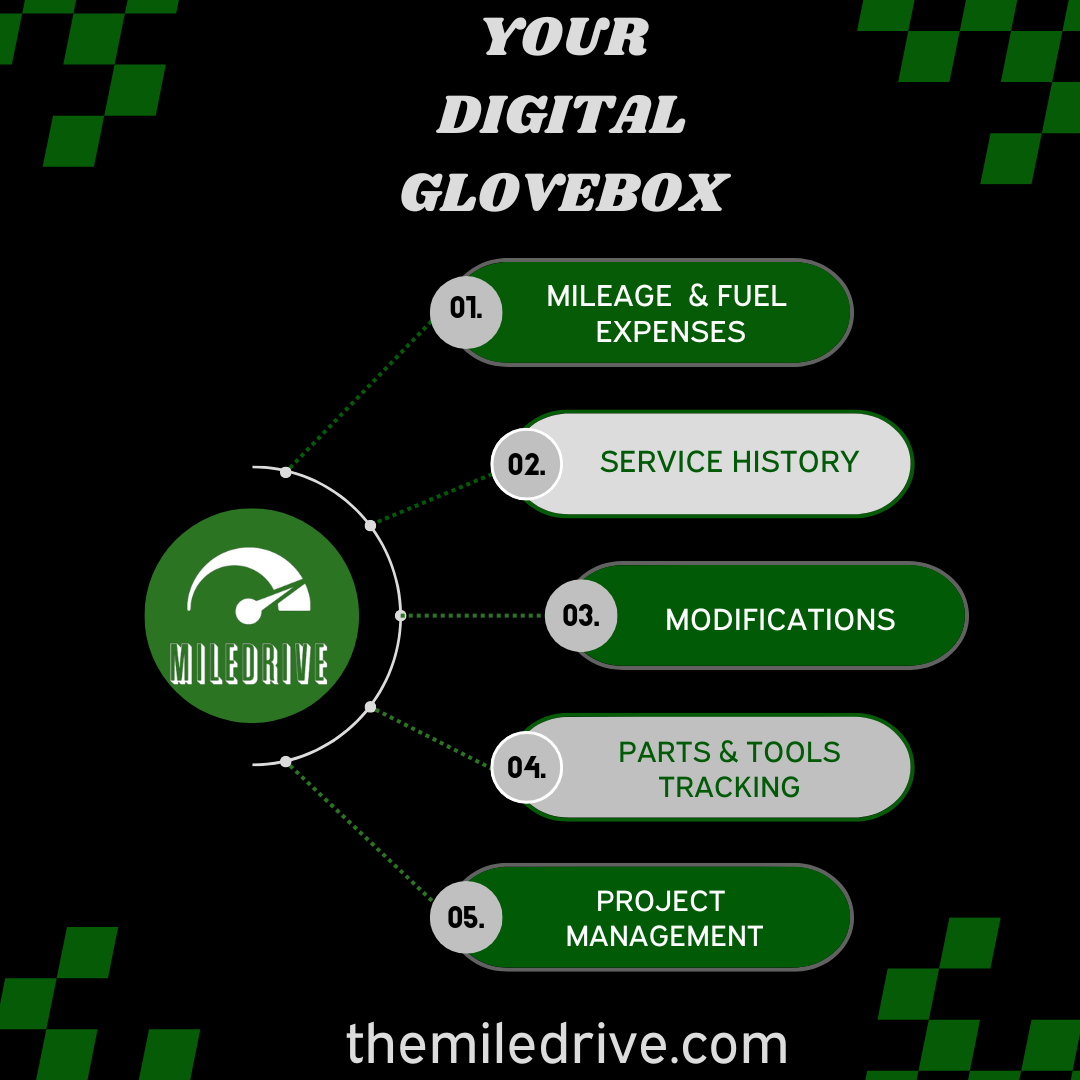Maximize Your Investment: Effective Strategies for Vehicle Depreciation

As an car owner, you understand the importance of minimizing vehicle depreciation. After all, your car is a significant investment, and protecting its resale value is crucial for maximizing your return.
In this comprehensive article, we will share our insights and proven strategies to help you take control of vehicle depreciation and make the most of your automotive investment.
Understanding Vehicle Depreciation
Vehicle depreciation is the gradual loss of a car's value over time. It's a natural phenomenon that occurs due to various factors, including age, mileage, condition, and market demand. Understanding the mechanics of vehicle depreciation is the first step in developing an effective strategy to mitigate its impact.
Factors that Affect Vehicle Depreciation
Several factors can influence the rate of vehicle depreciation, including:
- Make and Model: Certain makes and models tend to hold their value better than others, often due to brand reputation, reliability, and market demand.
- Mileage: Higher mileage vehicles typically depreciate faster than those with lower mileage, as they are perceived as having more wear and tear.
- Condition: Well-maintained vehicles with a clean history and no significant damage or repairs tend to retain their value better.
- Technology and Features: Vehicles with the latest technology and desirable features often hold their value better than those with outdated or basic features.
- Market Trends: Economic conditions, consumer preferences, and industry trends can all impact the resale value of a vehicle.
The Importance of Minimizing Vehicle Depreciation
Minimizing vehicle depreciation is crucial for several reasons:
- Financial Impact: Excessive depreciation can significantly erode the value of your investment, leading to a lower resale price when you decide to sell or trade-in your vehicle.
- Equity and Financing: Maintaining a higher resale value can help you build more equity in your vehicle, which can be beneficial if you need to secure financing or a loan.
- Ownership Costs: Reducing depreciation can lower your overall ownership costs, as you'll be able to recoup more of your initial investment when it's time to sell or trade-in your vehicle.
Tips for Maximizing Your Vehicle's Resale Value
To maximize your vehicle's resale value, consider the following strategies:
- Regular Maintenance and Service: Keeping up with the manufacturer's recommended maintenance schedule and addressing any issues promptly can help preserve your vehicle's condition and value.
- Careful Driving and Mileage Management: Minimizing aggressive driving and excessive mileage can slow down the depreciation process.
- Cosmetic Care: Regularly washing, waxing, and maintaining the interior and exterior of your vehicle can help it look its best and appeal to potential buyers.
- Documentation and Records: Keeping detailed maintenance records and documentation of any repairs or modifications can demonstrate your vehicle's well-cared-for condition.
- Timing the Sale: Selling your vehicle at the right time, such as before a newer model year is released or during a period of high demand, can help maximize your resale value.
Choosing the Right Vehicle to Minimize Depreciation
When purchasing a new vehicle, it's essential to consider the long-term impact on depreciation. Research the make, model, and features that tend to hold their value better in the used car market. Some factors to consider include:
- Reliability and Reputation: Vehicles with a reputation for reliability and durability tend to depreciate more slowly.
- Desirable Features: Vehicles with in-demand features, such as advanced safety technologies or fuel-efficient engines, often maintain their value better.
- Market Demand: Vehicles that are in high demand, such as popular SUVs or trucks, may experience slower depreciation rates.
Negotiating the Best Price When Buying a Vehicle
When purchasing a vehicle, negotiating the best possible price is crucial for minimizing depreciation. Research the market value, consider the vehicle's condition and features, and be prepared to negotiate to get the most favorable deal.
The Impact of Mileage on Vehicle Depreciation
Mileage is a significant factor in vehicle depreciation, as higher-mileage vehicles are perceived as having more wear and tear. To mitigate the impact of mileage, consider the following strategies:
- Limit Unnecessary Driving: Plan your trips and errands to minimize unnecessary mileage accumulation.
- Utilize Public Transportation or Carpooling: When possible, use alternative modes of transportation to reduce the mileage on your vehicle.
- Negotiate Mileage Limitations: If leasing a vehicle, negotiate mileage limitations that align with your expected usage to avoid excessive mileage fees.
The Role of Technology in Reducing Vehicle Depreciation
Advancements in automotive technology can play a role in reducing vehicle depreciation. Features such as advanced safety systems, connectivity, and fuel-efficient powertrain technologies can help maintain a vehicle's value over time.
Conclusion: Taking Control of Vehicle Depreciation
Minimizing vehicle depreciation is a crucial aspect of maximizing your automotive investment. By understanding the factors that influence depreciation, implementing effective strategies, and making informed purchasing decisions, you can take control of your vehicle's resale value and protect your investment.






